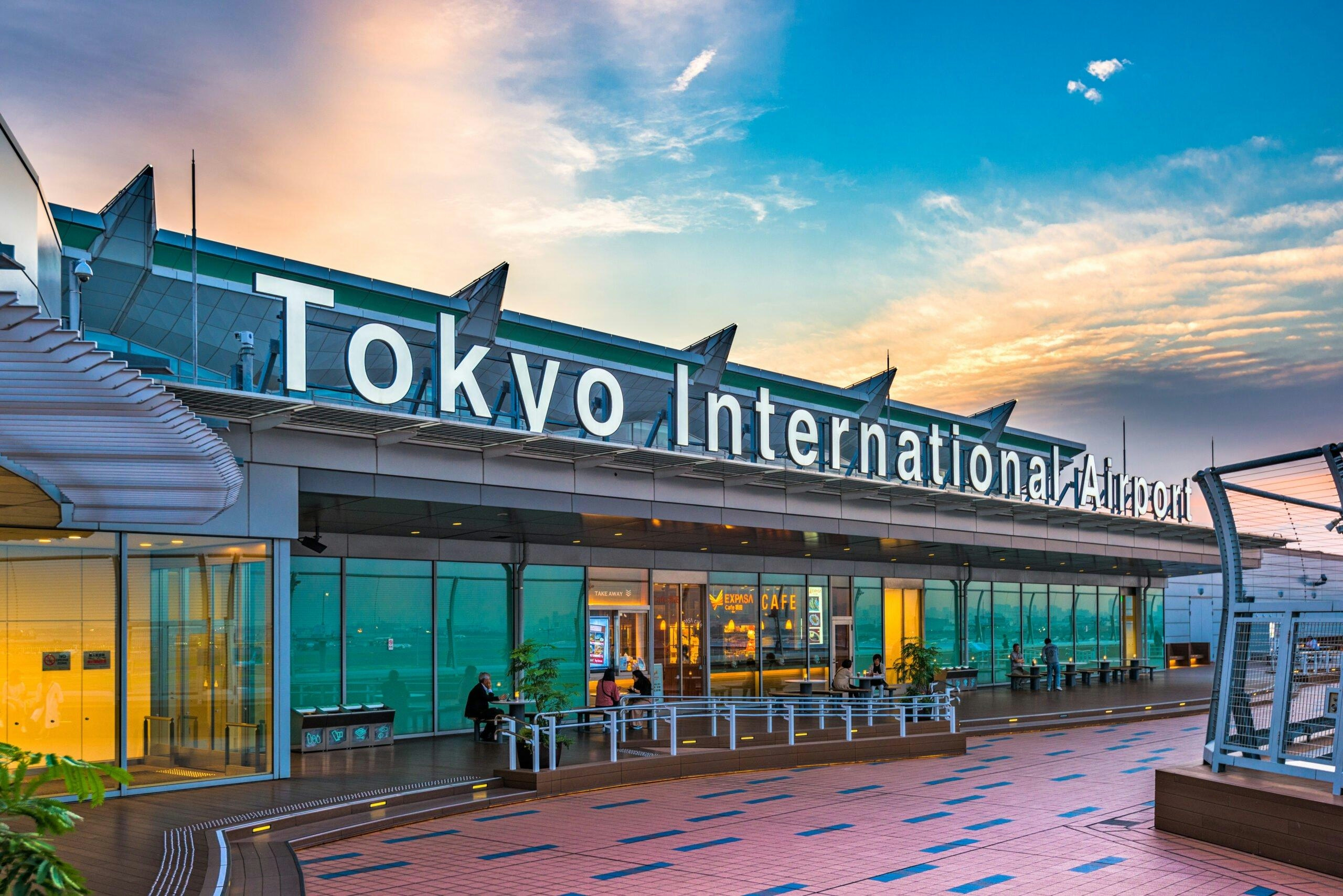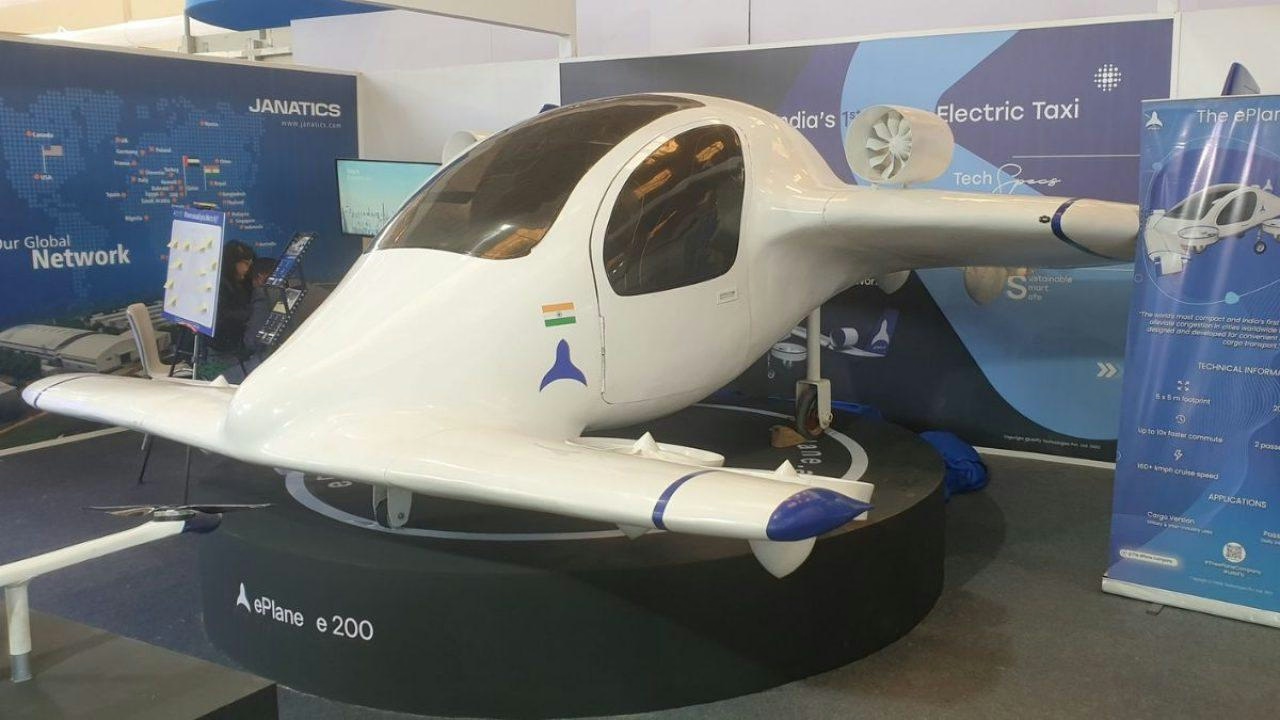AeroGenie — Your Intelligent Copilot.
Trending
Categories
Moonware to Trial HALO Platform at Tokyo Haneda Airport

Moonware to Trial HALO Platform at Tokyo Haneda Airport
Moonware has announced plans to trial its ground traffic control platform, HALO, at Tokyo International Airport (Haneda), in partnership with Japan Airlines (JAL) and JAL Ground Service (JGS). This initiative seeks to modernize and digitize ground handling operations at one of the world’s busiest airports, with a focus on enhancing efficiency, coordination, and real-time situational awareness.
Enhancing Ground Operations through Digital Integration
The HALO platform will be implemented at JAL’s local ground handling control station, where the trial will concentrate on improving below-wing coordination and optimizing the management of ground resources. By integrating data from various operational sources—including equipment status, ground crew activities, and flight schedule updates—HALO consolidates information into a centralized system. This integration facilitates dynamic dispatching, live status updates, and comprehensive visibility into ongoing ground operations.
A notable feature of HALO is its real-time communication capability, which links the control station directly with teams working on the tarmac. This connectivity is intended to enable JAL and JGS to respond more swiftly to operational changes and disruptions while maximizing the utilization of available assets. Activities such as aircraft servicing, baggage handling, and equipment allocation are tracked and timestamped, with data fed back into planning systems to support more accurate, data-driven decision-making. The platform aims to reduce variability in aircraft turnaround times and improve overall ground service execution.
Challenges and Industry Response
The trial faces several challenges, including the need for regulatory approval and the integration of HALO with existing airport infrastructure. Ensuring the technological readiness of all stakeholders also remains a critical concern. As the platform is currently in the prototyping phase, its immediate impact may be limited, potentially delaying broader adoption.
Market reactions to the trial have been mixed. Some traditional aviation stakeholders have expressed skepticism about the feasibility and benefits of such digital transformation initiatives. Meanwhile, competitors are closely observing the trial, with potential responses ranging from collaborative efforts to enhance the HALO system to the development of rival solutions aimed at countering its advantages.
Despite these uncertainties, the HALO trial aligns with JAL’s broader strategy to modernize ground operations and reflects a growing emphasis on innovation and digital transformation within the regional aviation sector. The results of the trial at Haneda Airport are expected to influence future adoption and shape the competitive landscape for ground handling technologies across the industry.

Factors Behind the Airbus A350’s Short Takeoff Distance

Archer Aviation Partners with NVIDIA to Advance Aviation AI Technology

Chennai Startup to Develop India’s First Electric Air Taxi

Factors Positioning Airbus for Leadership in 2026

Emirates Unveils Cabin Design for New Boeing 777X

Eighteen Years On, the Airbus A380 Remains Central to a $34 Billion Airline

How a boom in luxury airline seats is slowing down jet deliveries

Navitaire Outage Attributed to Planned Maintenance

AI, VR, and Data Transform Pilot Training by 2026

Airbus Plans Record Delivery of 870 Aircraft in 2026
